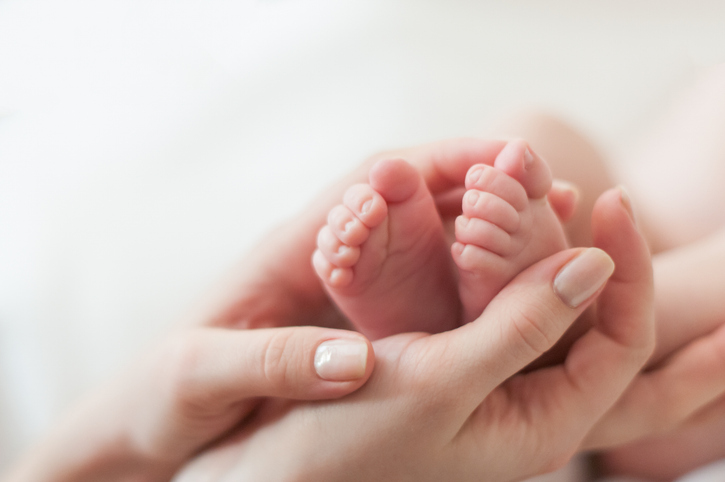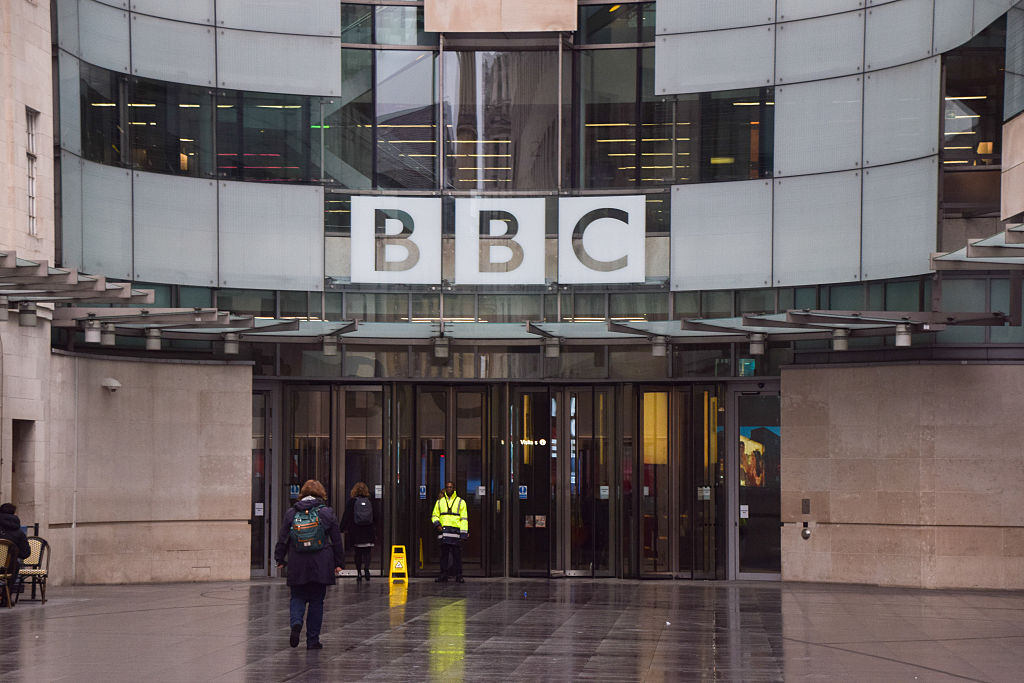Britain is so beset with immediate problems that major issues, ones which could drastically alter our society and the way we live, are being sidelined. One of these is our plummeting birth rate.
The number of deaths in England and Wales could this year exceed the number of births. Our total fertility rate, at 1.49 children per woman and falling, is far below the 2.1 required to sustain population growth.
Ultimately, we don’t know how to get people to have more children
The economic implications are obvious: in the late 1970s, there were four workers for every dependent person. There are now only three and, all other things being equal, this could drop to two by 2050. Welfare is already ballooning; we are spending £138 billion on the state pension, almost £2,000 per UK citizen. More than two-fifths of national health spending in the UK is devoted to the over-65s.
Onward, the think tank responsible for Rishi Sunak’s national service wheeze, has now launched a new campaign with Mumsnet which it hopes can ‘move the dial’. They suggest that women want more children, but the ‘motherhood penalty’, which makes them worse off and less secure in their jobs, is putting them off.
It is true that the gender pay gap widens at the point when women start having children. The latest data show that women aged between 18 and 21 earn 0.2 per cent more than their male counterparts, while those between 40 and 49 earn 10 per cent less.
But too many people look at these figures and leap to superficial conclusions. A third of mothers now work part-time. IFS research has shown men tend to spend longer commuting to work than women, while women tend to retire earlier. Is it really any wonder some earn less, or have lower savings?
Then there’s the polling, referenced by Onward, which indicates ‘impact on career’ or ‘impact on household finances’ are the two ‘biggest’ factors influencing women against having children. Social engineers may love stated preferences, but how many of these respondents would really start, or grow, their families because the government has tweaked the rules around paternity leave or slightly raised statutory maternity pay (SMP)?
Over the last half century, lifestyle changes and career expectations have led more and more women to delay marriage and children. Between 1975 and 2023, the female labour participation rate rose from 57 per cent to 72 per cent. The opportunity cost of having babies has increased substantially, and that’s before you get to the social justice activism, the climate doom-mongering and the endless blogs which bemoan how tough parenting is while lecturing us on the right way to do it.
Why would yet more public spending put this genie back in the lamp? The Japanese government is covering the cost of fertility treatments and offering lump sum payments to new mothers – yet deaths were double the number of births last year. Hungary spends 5 per cent of its GDP on pro-birth measures, but its total fertility rate is only fractionally above our own.
Many argue that affordable childcare or flexible working practices will encourage more women to have babies younger. This is highly doubtful. Yes, it is morally and economically the right choice to liberalise planning in order that 20-somethings aren’t left spending half their post-tax income on a one-bedroom flat in Zone 6. And yes, we should deregulate childcare so that families aren’t forced to spend a third of their disposable income on a product that is too often sub-par. But the taxpayer’s generosity in providing ‘free’ childcare to all parents regardless of means doesn’t appear to have had much impact on our birth rate.
High levels of immigration have helped mask the true scale of our demographic crisis, but it’s a short-term fix when migrants both age themselves and quickly adapt to the native birth rate. Ultimately, we don’t know how to get people to have more children. Maybe it will happen, more likely it won’t. We’ll just have to meet the challenges by shaking up many of our long-held assumptions. We should start now, but it’ll take a far braver prime minister than Keir Starmer to scrap the triple lock, raise the pension age or fundamentally reform the NHS.







Comments